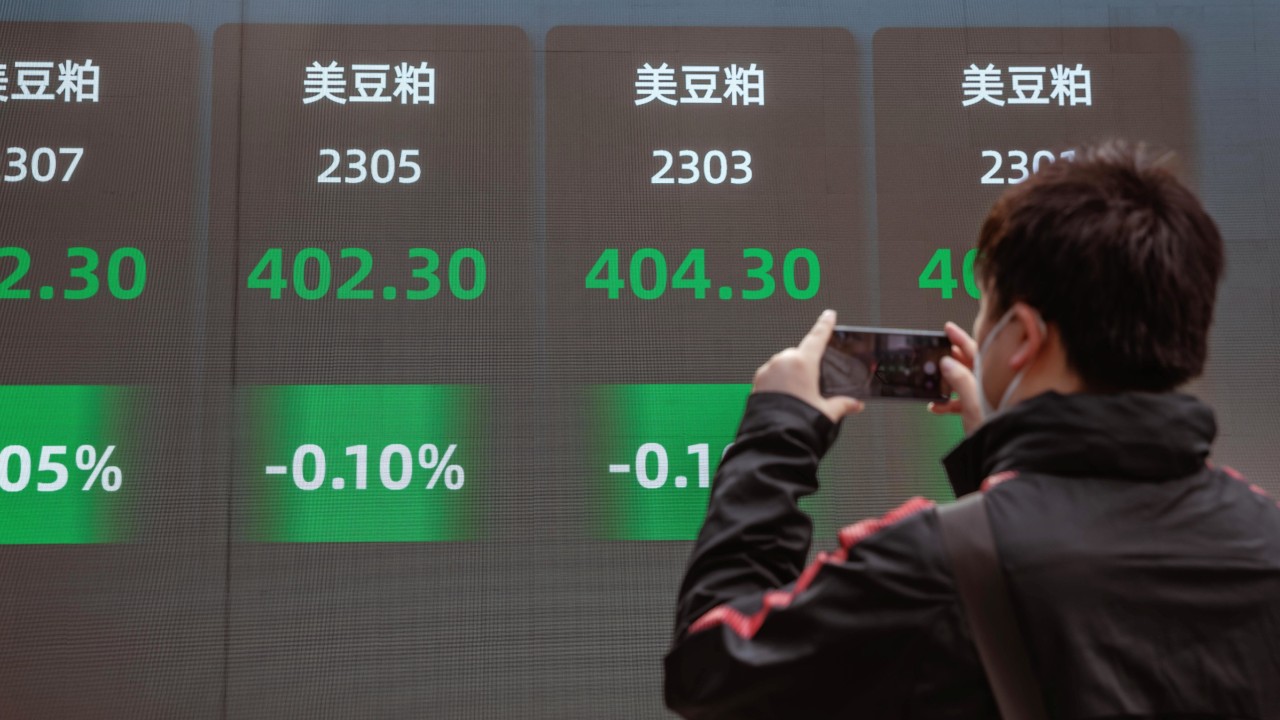
The US Federal Reserve’s dovish monetary stance and its hint of three interest rate cuts in 2024 may bring some relief to Chinese businesses and the yuan, said analysts and academics, who urged for Beijing to focus on stronger domestic policy to sustain an economic recovery.
Li Daxiao, chief economist at the Shenzhen-based Yingda Securities, said the monetary policies of China and the US may become more aligned in 2024.
“Without the overhanging concern of a strengthening US dollar, it will help the Chinese economy and we will have a better external environment,” said Li.
“The outflow of capital could be slowed, or even reversed, and the interest spread between the two countries can be dramatically narrowed. The yuan, once pummelled, will regain much of the lost ground.”
There are some ripple effects and some relief, but what determines the Chinese economy is of course our domestic policy choices
But Zhu Tian, a professor of economics at the China Europe International Business School, said the benefits for the Chinese economy could be overblown.
“There are some ripple effects and some relief, but what determines the Chinese economy is of course our domestic policy choices,” he said.
The trajectory of the Chinese economy is usually “out of sync” with external policy changes, Zhu added.
From outer space to seven seas, China’s 6 big economic priorities for 2024
From outer space to seven seas, China’s 6 big economic priorities for 2024
“The news means more US stock market and bond market upsides in the coming years, possibly luring more capital out from China,” said Chen, adding the US economy could continue to cool further but is unlikely to slip into a serious recession.
“Despite the US Federal Reserve’s halted rate hikes, the wide US dollar-yuan yield spread will likely persist due to the People’s Bank of China’s dovish stance,” the US-based association for the global financial services industry said in its report.
Alex Ma, an associate professor of public administration at Peking University, said any potential rate cuts would mean the US economy was cooling along with consumption.
China’s overall exports rose by 0.5 per cent, year on year, to US$291.9 billion in November, marking the first positive reading since April.

